Exploring Intravenous Vitamin C (IVC) during Chemotherapy and Radiation
Intravenous vitamin C (IVC) is increasingly recognised for its potential to support patients undergoing chemotherapy and radiation therapy. It offers benefits such as enhancing treatment efficacy, managing side effects, and regulating the immune system. Below, we delve into the mechanisms and clinical benefits of IVC, which can be shared with your healthcare provider.
IVC as a Potent Anticlastogen
Cancer treatments like chemotherapy (e.g., cisplatin) and radiation are clastogenic, meaning they cause DNA damage in cancer cells to induce cell death. Vitamin C, as a potent anticlastogen, protects DNA from such damage.
A common misconception is that vitamin C and other antioxidants may reduce the effectiveness of cancer treatments by shielding cells from damage. However, clinical trials and case studies strongly contradict this notion, showing:
- In vitro studies: Vitamin C increases the killing effects of various chemotherapy drugs.
- In vivo studies: IVC reduces side effects while maintaining or enhancing treatment efficacy.
Cancer Cell Death and Synergy with Chemotherapy
The role of IVC in cancer therapy extends beyond DNA protection:
1. Chromosome damage alone is not a reliable predictor of cancer cell death. Cell death typically results from the activation of genes coding for apoptosis-related proteins (e.g., caspases).
2. Vitamin C, while protecting DNA, does not inhibit these cell death pathways. Instead, by generating intracellular hydrogen peroxide (H₂O₂), chemotherapy drugs activate these pathways, leading to effective cancer cell destruction.
IVC synergises with chemotherapy and radiation:
Research shows that IVC induces cell cycle arrest (stopping cancer cell growth) and enhances apoptosis (programmed cell death).
In a study by Frömberg et al., vitamin C pre-treatment improved cancer cell sensitivity to chemotherapy drugs:
"Pre-treatment of tumor cells with ascorbate leads to increased sensitivity towards Docetaxel, Epirubicin, Irinotecan, and 5-FU." A direct correlation was noted between higher ascorbate dosage and increased drug sensitivity for Docetaxel and 5-FU.
Immune Regulation and Anti-Inflammatory Effects
IVC also provides critical immune and anti-inflammatory benefits that can support cancer therapy.
Immune modulation:
- Enhances natural killer (NK) cell activity up to 10x.
- Stimulates T and B cell functions.
- Regulates cytokine activity to manage overstimulated immunity.
Anti-inflammatory effects:
- Reduces inflammation in clinical settings like sepsis and hepatitis.
- Scavenges free radicals from inflammatory pathways.
- Maintains nitric oxide (NO) levels in immune cells, aiding proper immune responses.
One study demonstrated a direct connection between IVC and improved immune activity:
"Neutrophil chemotaxis rose 19% during vitamin C administration, with histamine levels reduced by 38%."*
— Johnston et al., Journal of the American College of Nutrition (1992).
Numerous studies and clinical trials support the benefits of IVC in cancer therapy via:
1. Enhanced therapeutic efficacy: Vitamin C sensitises tumour cells to chemotherapy and radiation, improving outcomes.
2. Reduced toxicity: Patients can experience fewer side effects such as nausea, fatigue, and organ damage.
3. Inhibition of cancer cell growth: By inducing cell cycle arrest and apoptosis, IVC directly interferes with cancer cell replication.
Intravenous vitamin C offers a multifaceted approach to complement conventional cancer treatments. By enhancing treatment efficacy, minimising side effects, and improving immune regulation, IVC could play an integral role in your cancer care. Discuss this information with your healthcare provider to determine how IVC may fit into your treatment plan.
References
1. Mikirova N, Casciari J, Rogers A, Taylor P. Effect of high-dose intravenous vitamin C on inflammation in cancer patients. J Transl Med. 2012.
2. Frömberg A, Gutsch D, Schulze D, et al. Ascorbate sensitizes tumor cells towards cytostatic drugs. Cancer Chemother Pharmacol. 2010.
3. Johnston CS, Martin LJ, Cai X. Antihistamine effect of supplemental ascorbic acid and neutrophil chemotaxis. J Am Coll Nutr. 1992.
4. Heuser G, Vojdani A. Enhanced NK cell activity by buffered vitamin C. Immunopharmacol Immunotoxicol. 1997.
5. Anderson R, Oosthuizen R, Maritz R, et al. Effects of increasing weekly doses of ascorbate on immune function. Am J Clin Nutr. 1980.
6. Clemetson CA. Histamine and ascorbic acid in human blood. J Nutr. 1980.
